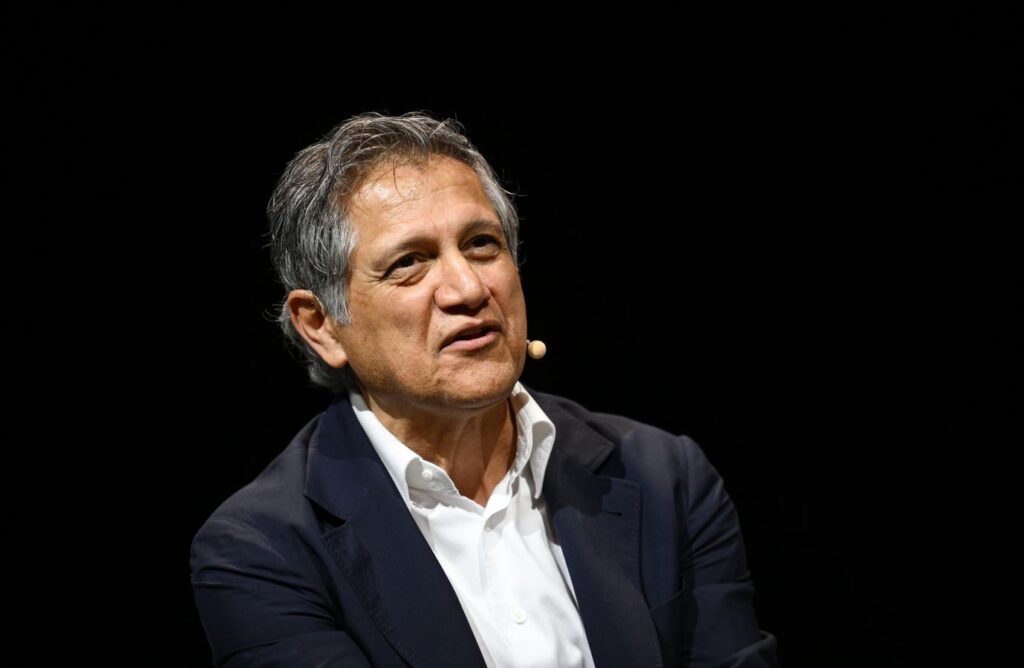Joe Kiani, the founder and former CEO of Masimo, is currently embroiled in a legal conflict that has drawn the attention of the investment firm RTW Investments. In a recent court filing, RTW has sought to dismiss a lawsuit from Masimo that accuses both Kiani and RTW of conspiring in an “empty voting” scheme aimed at manipulating a significant board election. RTW argues that Masimo’s legal maneuvers are a strategy to evade Kiani’s substantial severance payment, which amounts to approximately $450 million. The firm contends that the lawsuit is baseless, alleging that Masimo is attempting to entangle RTW in its disputes with Kiani in order to label the departure of their former CEO as justified.
Masimo, which specializes in non-invasive devices for measuring blood oxygen levels, has recently gone through dramatic leadership changes following a proxy battle against activist investor Quentin Koffey’s Politan Capital Management. After being ousted, Kiani and the company traded legal blows, each seeking to establish a narrative that favors their position. The aggressive actions from Politan, bolstered by influential proxy advisory firms, have raised concerns about governance practices at Masimo and the decisions that led to a significant acquisition that adversely impacted the company’s stock performance.
The legal contest escalated when Masimo, now under the guidance of new board members introduced by Politan, filed a lawsuit against Kiani and RTW. They allege that Kiani orchestrated an effort to manipulate voting power during the proxy battle by acquiring shares and establishing a short position, which was unwound post-vote. Masimo’s claim emphasizes the threat that such apparent “empty voting” practices pose to shareholder democracy, suggesting that Kiani’s actions, alongside RTW, represent a serious breach of ethical voting practices which could undermine trust in corporate governance.
RTW’s response to the lawsuit highlights the absence of any genuine collusion between itself and Kiani. The firm insists the allegations reflect a desperate attempt by Masimo to establish justification for Kiani’s termination only weeks after he resigned, therefore laying the groundwork to avoid compensating him. The attorney for RTW, Sanford Michelman, underscores the lack of any substantive evidence supporting Masimo’s claims and points to an investigation conducted by one of Masimo’s own directors which concluded that no such voting arrangements existed. This inquiry, according to RTW, ought to negate Masimo’s current accusations.
Furthermore, RTW’s filings reveal that Masimo had previously communicated to the Securities and Exchange Commission (SEC) that there were no agreements regarding share trading or voting at the time in question. The assertion from Masimo now implies a contradiction, suggesting either a change in their narrative or dishonesty in previous disclosures. Michelman’s statements reflect a strong belief that these allegations are more about public relations than factual legal matters, positioning them as an unfounded attack aimed at discrediting Kiani’s reputation during a sensitive transition period for the company.
Despite the turmoil, Masimo’s stock has responded positively in the wake of the proxy battle, witnessing a significant rise in value after Kiani’s ousting, indicating investor confidence in the new leadership. As this legal drama unfolds, the implications extend beyond individuals involved, affecting shareholder sentiments and the company’s corporate governance landscape. The outcome of these lawsuits not only bears financial consequences but may also set precedents regarding governance practices in the biotech and medtech sectors.

